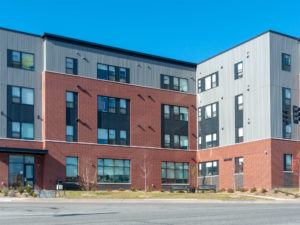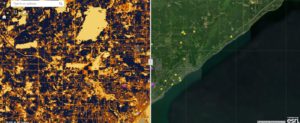Impacts of the Split Incentive on Rental Housing
Ecolibrium3 partnered with the University of Minnesota Duluth’s Bureau of Business and Economic Research (BBER) to conduct a study on the prevalence of the “split incentives” issue surrounding student housing. The study, Impacts of the Split Incentive on Privately Owned Rental Housing, revealed that Duluth landlords and students who lease private rental property in Duluth may often be at odds when it comes to energy savings. The study shows that a “split incentive” exists.
This split incentive is that when landlords pay for utilities, properties are typically more energy efficient, but tenants are more likely to overuse. When tenants pay for utilities, they are more conservative with their energy consumption, but properties tend to have fewer energy efficient features. Both scenarios lead to higher levels of wasted energy and highlight the difficulties associated with conserving energy in rental properties.
The study explored options for programs that can appeal to landlords, as they have less incentive to participate than renters.
Get involved
Now that you’ve learned more, the best way to create change is by getting involved! Donate your money or time, find support, and take action. Citizen climate action means a stronger, healthier, more vibrant Duluth!
Read the report: Impacts of the Split Incentive on Privately Owned Rental Property.


